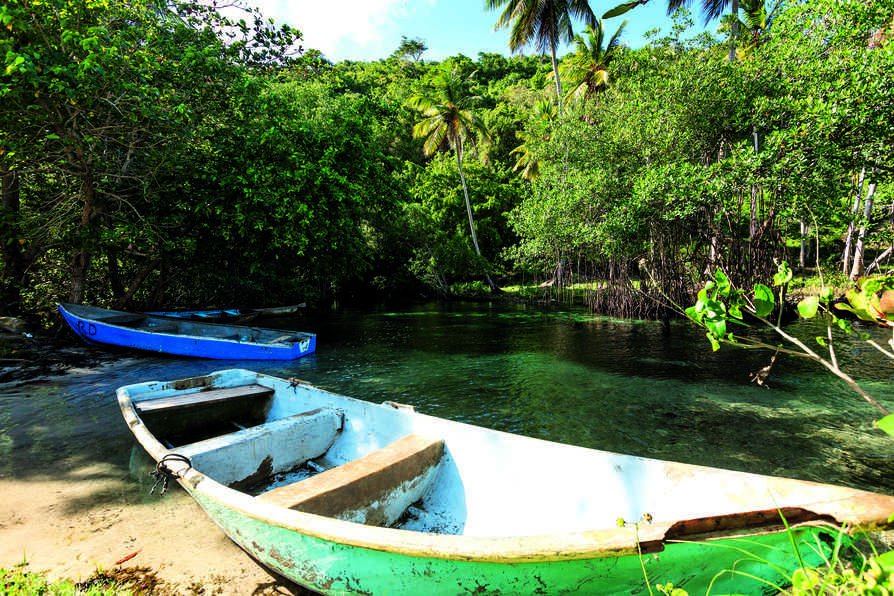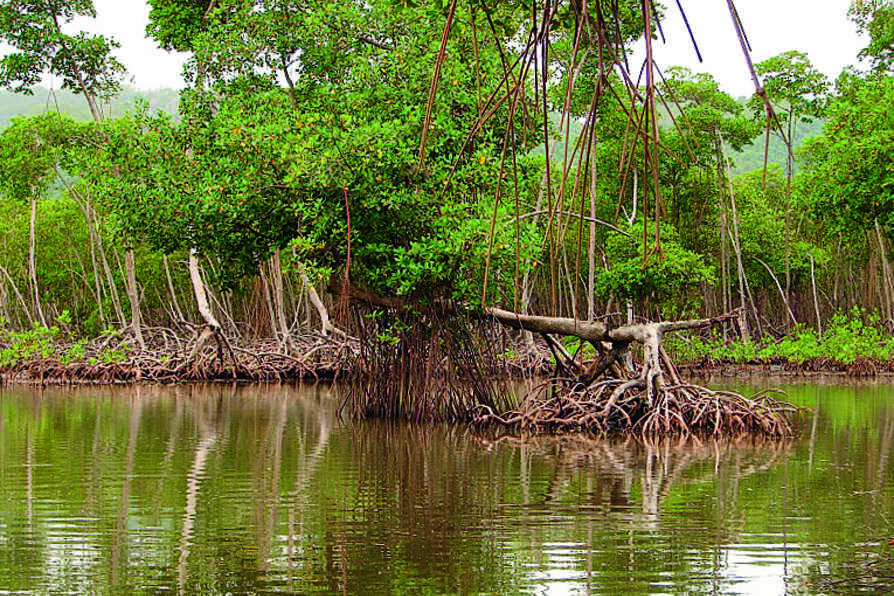
Mangrove forests grow in areas where water meets land and form a vital part of the marine ecosystem. Their thick roots help to stabilise the coastline and prevent erosion and they’re home to many species of fish, making them an essential source of food to local communities. Crucially, they also absorb carbon dioxide and greenhouse gases, stopping these harmful pollutants being released into the earth’s atmosphere.
Yet mangroves are one of the most threatened ecosystems worldwide and over the past five decades, 50% of the world’s mangrove surface cover has been lost.
In the Dominican Republic, 20% of the population are living in extreme poverty and 80% live on the coast. But mangrove conservation provides many benefits which help these coastal communities.
TUI Forest Dominican Republic is restoring over 200 hectares of mangrove forests and protecting an area of over 92,000 hectares in the north-eastern part of the country. It is also creating economic opportunities by providing a strong link to the vibrant tourism sector on the island.






